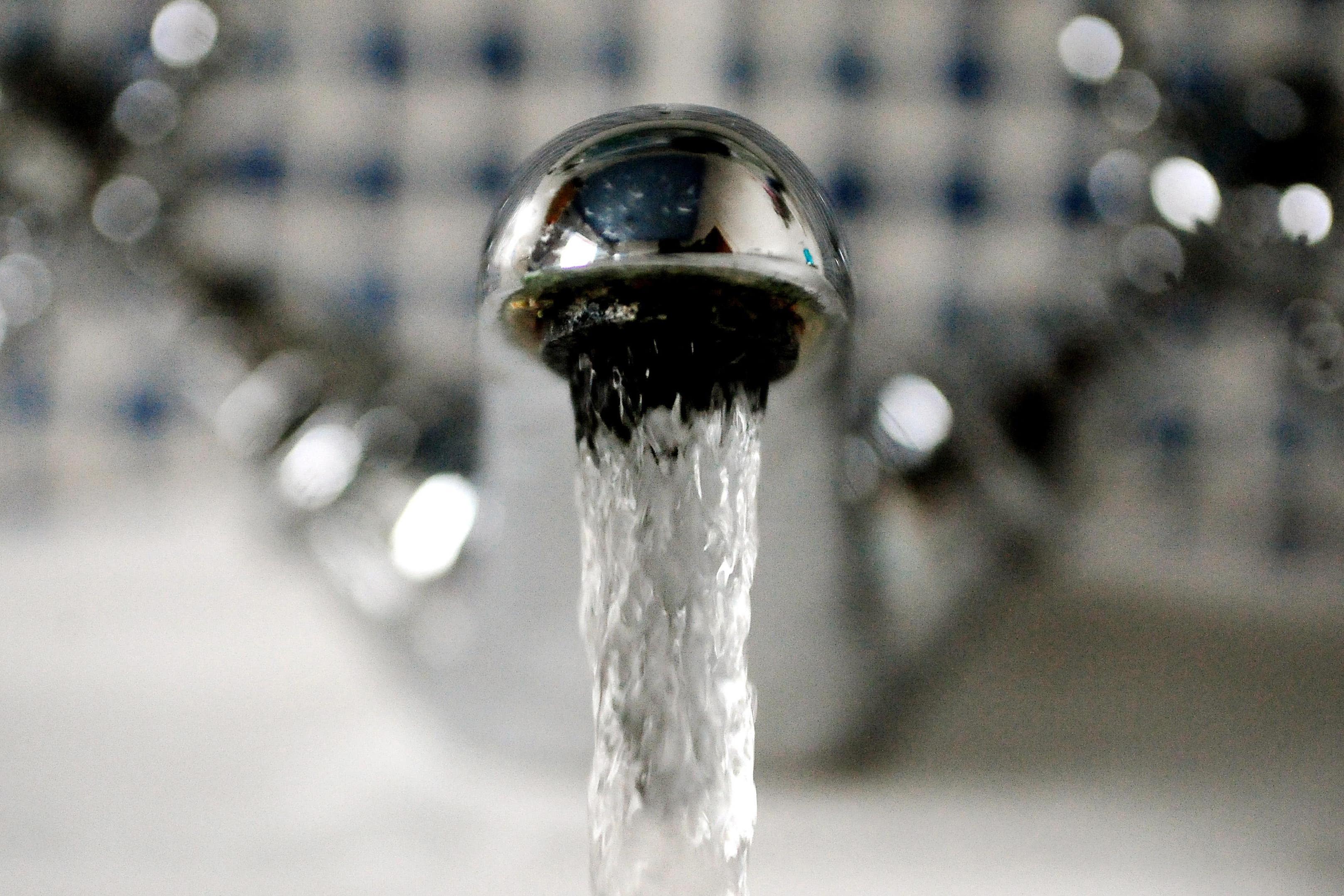Environment Agency report warns a fifth of water supplies lost in leaks
The report says leakage rates are still too high in England.

Almost a fifth of water supplies are being lost through leaks before they reach customers’ taps, a report from the Environment Agency has found.
The assessment of water companies’ annual performance data on managing resources warned that although leaks were down 10% from 2017/2018 levels, they were still “too high”, with an average of 19% of water supplies lost in the network across England.
Embattled Thames Water and United Utilities were identified by the report as having the worst leakage rates per person, and it also warned that in many areas of England leaks got worse last year.
The Environment Agency (EA) told companies they must deliver a sustained reduction in leakages, particularly with climate change driving extreme weather such as hot dry conditions that make the ground move and raise the risk of pipes bursting.
The report also highlights that while the wet winter and summer of 2023/24 mean there were no drought-related supply issues, some companies still reported they do not have enough water available to meet demand if there had been a drought.
As extreme weather becomes more frequent, companies must take urgent action to deliver new supply schemes and ensure they are prepared for severe drought, the EA said.
And the amount being put into supply was more than necessary given the weather conditions, putting “unnecessary pressure on the environment”.
The EA report said some water companies were behind on their programmes to install water meters, and more work is needed on demand reduction.
Temporary losses of supply increased last year, but were “in line” with what was expected to be reported.
In the latest criticism for the embattled privatised water sector which is under fire over sewage spills, proposed bill rises and executive bonuses, the EA warned companies must accelerate plans to increase water efficiency, reduce leakage and prepare for future drought.
Approximately half of the water companies in England will receive a joint regulatory letter from the Environment Agency and Ofwat outlining specific failings and necessary actions for improvement.
The companies receiving letters are Anglian Water, Bristol Water, Cambridge Water, Portsmouth Water, South East Water, South Staffordshire Water, South West Water, Southern Water, Thames Water, and Albion Water.
The new report assesses companies’ annual performance against their five-yearly water resources management plans, which set out how they will manage water security and environmental protection over the next 25 years.
While we’ve seen some progress by companies, it’s clear that more planning, resources and investment are needed, particularly on leakage
The next set of management plans will be reported on from next year, while Ofwat will publish its final determinations in December on what companies must deliver for customers and the environment, and at what cost, over the next five years.
The Environment Agency warns that by 2050, to support a growing population, the economy, food production and the environment, in the face of climate change, five billion extra litres of water will be needed a day, a shortfall which will have be met through resources, efficiency and reducing demand.
The EA’s chairman, Alan Lovell, said: “In the face of the enormous challenges on water resources, we have to tackle both sides of the equation – reducing demand and increasing supply.
“While we’ve seen some progress by companies, it’s clear that more planning, resources and investment are needed, particularly on leakage.
“We expect water companies to accelerate their plans to increase water efficiency, reduce leakage and prepare for future droughts.
“We will continue to work closely with Ofwat and Defra to hold water companies accountable and ensure they deliver on their commitments to protect our environment and secure our water supply for future generations.”
Water minister Emma Hardy said: “This report is a damning indictment of the sheer volume of water that is wasted by water companies across England.
“As the climate crisis worsens and more pressure is placed on our water systems, we must fix our broken water infrastructure to ensure we have a resilient future water supply.”
A spokesperson for industry body Water UK said: “With much of our network over 100 years old, water companies have worked hard to deliver the lowest level of leakage ever recorded.
“We have a plan to reduce leakage by a third by the end of the decade, but the regulator Ofwat has put this at risk by proposing to cut investment in our water infrastructure by £17 billion.
“If we want to lose less water to leakage, we will need Ofwat to reconsider its plans.”
Bookmark popover
Removed from bookmarks